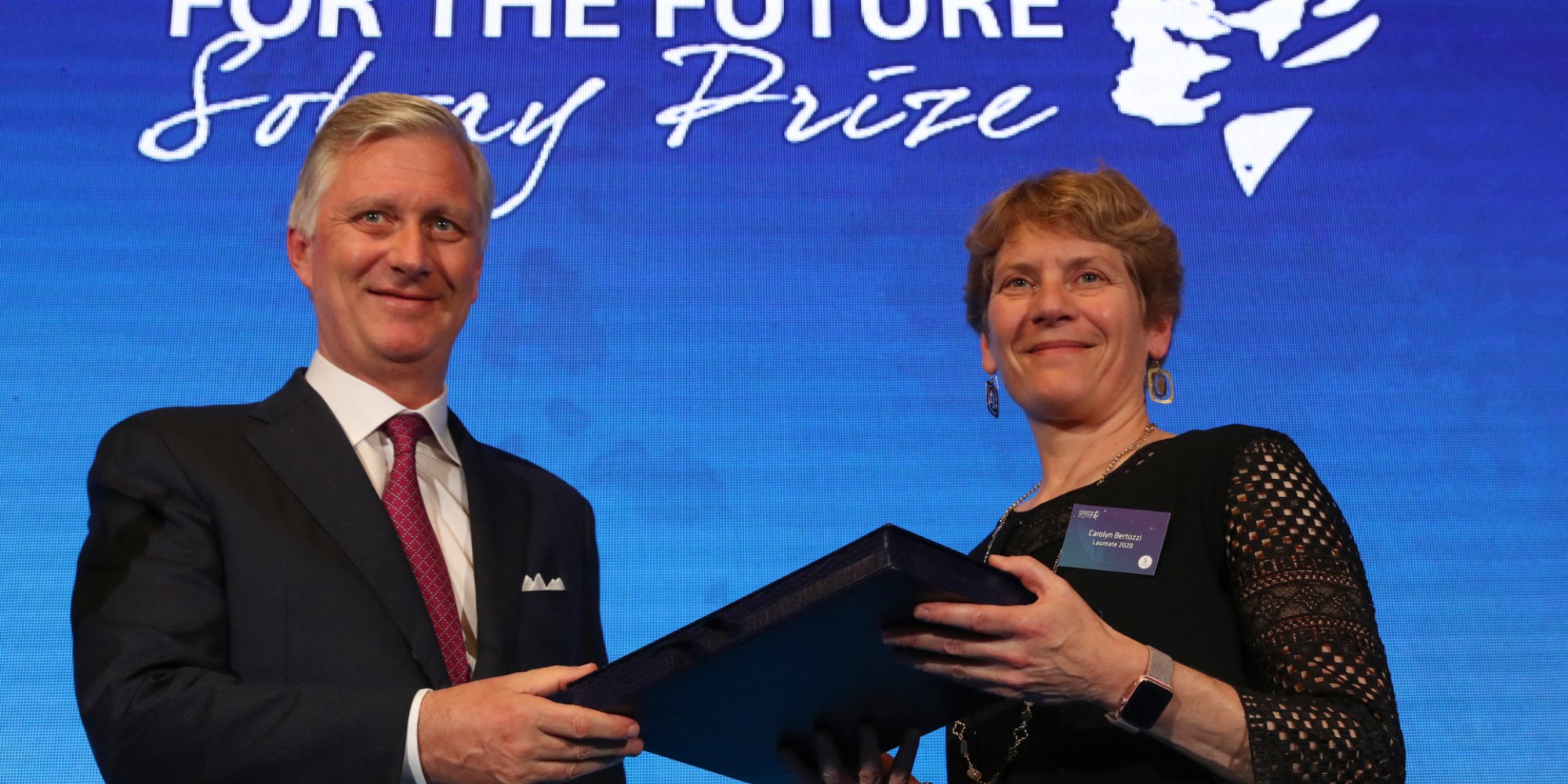Europe 1 with AFP 12:16 p.m., October 05, 2022, modified at 12:17 p.m., October 05, 2022
After medicine and physics, it is the turn of the Nobel Prize in Chemistry to be awarded.
The latter was awarded to the Dane Morten Meldal, to the American Carolyn Bertozzi and to her compatriot Barry Sharpless, who achieved the feat of winning a second Nobel Prize.
The three chemists are awarded for the development of 'click chemistry' and bioorthogonal chemistry.
They opened up two new fields of modern chemistry: the 2022 Nobel Prize in Chemistry crowned Dane Morten Meldal, American Carolyn Bertozzi and her compatriot Barry Sharpless on Wednesday, who achieved the extremely rare feat of winning a second Nobel.
The trio is rewarded "for the development of + click chemistry + and bioorthogonal chemistry", announced the jury in its decision.
Barry Sharpless, 81, is only the fifth person to win a Nobel twice.
He had already won the chemistry prize in 2001 for his discoveries on the technique of asymmetric catalysis.
The American researcher based in California and the 58-year-old Dane Morten Meldal, of the University of Copenhagen, are crowned for their pioneering work in "click chemistry", a new form of combining molecules.
This is used in particular to develop pharmaceutical treatments, map DNA or create new materials.
The American Carolyn Bertozzi, 55, is sacred for the invention of bioorthogonal chemistry, a chemical reaction described as being able to be initiated in a living organism, but without disturbing or changing its chemical nature.
Cited among the favorites this year, his discoveries have notably opened up avenues for improving the effectiveness of cancer treatments.
In science, the Nobel committees had opened the ball with the awarding of the Nobel Prize in Medicine or Physiology on Monday to the Swede Svante Pääbo, father of Denisova's man and discoverer of the DNA of the Neanderthal man.
On Tuesday, the Franco-Austro-American trio made up of Alain Aspect, Anton Zeilinger and John Clauser, pioneers of the revolutionary mechanism of "quantum entanglement" received the Nobel Prize in Physics.
The prize is endowed with 10 million Swedish crowns (approximately 920,000 euros) in each discipline, possibly to be shared in the event of co-winners.
The week continues with the Nobel Prize for Literature on Thursday and the Nobel Peace Prize, awarded in Oslo.
The Nobel prize giving ends next Monday with the Nobel Prize in Economics.

